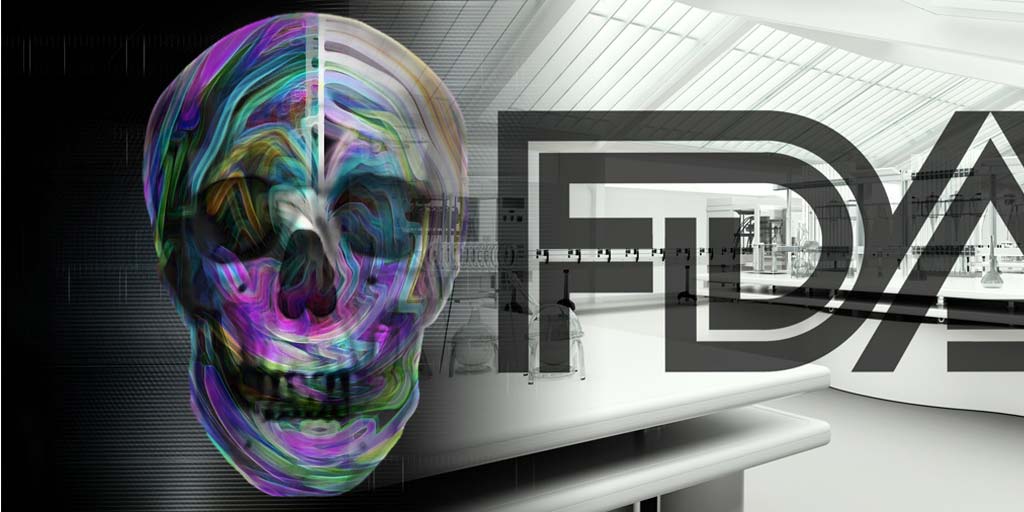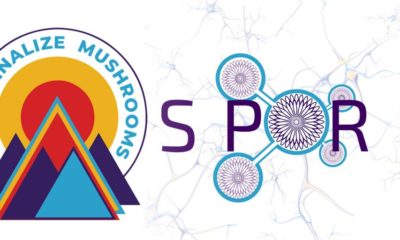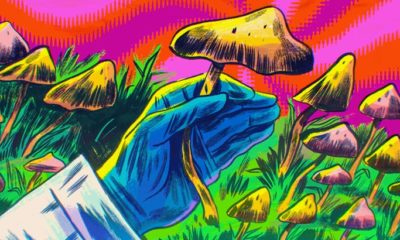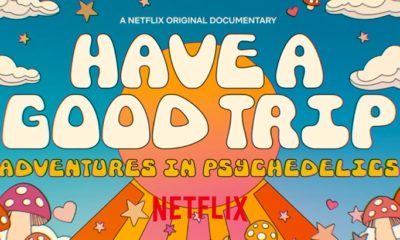News
The Future of Medicinal Psychedelics (Psilocybin and MDMA) with FDA-Approved Legal Treatments

Psychedelic Medicine and the Law
The law may not be prepared, but psychedelic medicine is on its way. The first FDA-approved treatment has completed the research phase and more treatments are likely to follow. The drug named esketamine produces psychedelic effects and is used to treat depression. The FDA has also approved MDMA, or ecstasy, for research into breakthrough therapy to treat PTSD. Psilocybin has been approved to treat major depression as well. What is interesting is that FDA approval means that doctors could prescribe these psychedelic drugs to treat a variety of patients even those who do not suffer from these specific disorders.
For example, while psilocybin could be used to treat depression, doctors could also prescribe the drug to healthy individuals to promote their well-being. Researchers at John Hopkins reported that nearly eighty percent of participants experienced improved personal well-being or life satisfaction with the use of the psychedelic. The FDA is not responsible to monitor how doctors prescribe medicine, but the Controlled Substances Act is. Doctors writing prescriptions for these drugs must have legitimate medical purposes. The grey area lies in determining what is legitimate and what is not. The prevention of illicit drug abuse is what is key.
Legitimate use is not limited to illnesses but includes the promotion of well-being for healthy individuals. There are many examples of this already in medicine where patients do not meet the diagnostic criteria of a specific disorder but are still prescribed a treatment. When lifestyle drugs are marketed as consumer products, it is hard to distinguish legitimate medical practices from illicit ones. If prescribing psychedelic medicines helps healthy people to achieve a desired mental state, then what would we define as recreational use? What will be important is minimizing the risks of psychotropic drugs and promoting the safe use of such drugs.
Risk Evaluation and Mitigation Strategies, or REMS, can require a doctor to register with the FDA and receive training in order to prescribe the drug. Risk management plans would also require that the drugs only be dispensed in specific healthcare settings and that healthcare professionals monitor the use of the drugs. This could open up the door to those who could benefit from the use of these drugs without being restricted by the law. A number of studies have proven that MDMA and psilocybin can be safely administered in well-supervised clinical settings without harming patients or promoting drug dependence.
The implementation of such situations would require an overhaul of the current system of drug control. It will demand a change of mindset from viewing these drugs as illicit to understanding that they can offer meaningful benefits. There will need to be a shift in drug policies that are currently in favor of eradicating drugs completely to seeing psychotropic drugs as capable of benefits. More nuanced strategies will need to be used and it will be necessary to have measures in place to manage the risks and promote safe and monitored use.















